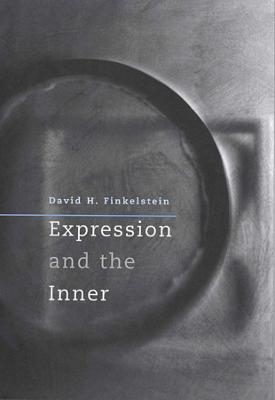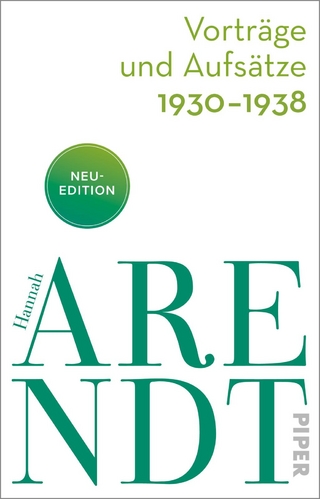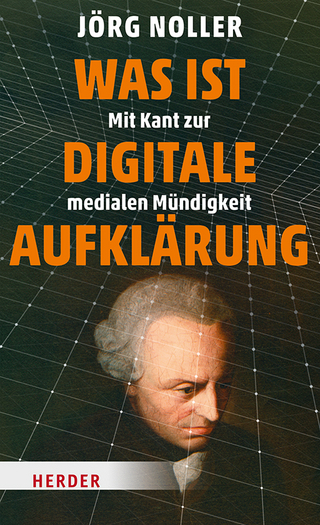
Expression and the Inner
Harvard University Press (Verlag)
978-0-674-03044-2 (ISBN)
At least since Descartes, philosophers have been interested in the special knowledge or authority that we exhibit when we speak about our own thoughts, attitudes, and feelings. Expression and the Inner contends that even the best work in contemporary philosophy of mind fails to account for this sort of knowledge or authority because it does not pay the right sort of attention to the notion of expression. Following what he takes to be a widely misunderstood suggestion of Wittgenstein's, Finkelstein argues that we can make sense of self-knowledge and first-person authority only by coming to see the ways in which a self-ascription of, say, happiness (a person's saying or thinking, "I'm happy this morning") may be akin to a smile--akin, that is, to an expression of happiness. In so doing, Finkelstein contrasts his own reading of Wittgenstein's philosophy of mind with influential readings set out by John McDowell and Crispin Wright. By the final chapter of this lucid work, what's at stake is not only how to understand self-knowledge and first-person authority, but also what it is that distinguishes conscious from unconscious psychological states, what the mental life of a nonlinguistic animal has in common with our sort of mental life, and how to think about Wittgenstein's legacy to the philosophy of mind.
David H. Finkelstein is Associate Professor of Philosophy at the University of Chicago.
Acknowledgments Introduction I. DETECTIVISM AND CONSTITUTIVISM 1. Detectivism 1.1. Old Detectivism 1.2. New Detectivism 1.3. A Dialogue 2. Constitutivism 2.1. "A Kind of Decision" 2.2. Interpretation and Stipulation 2.3. The Responsibility Objection 3. Between Detectivism and Constitutivism 3.1. Experience and the Logical Space of Reasons 3.2. The Middle Path 3.3. When a Dog Feels Pain 3.4. The Phantom Smell Objection 3.5. Back to Detectivism? II. EXPRESSION 4. Meaning, Expression, and Expressivism 4.1. Meaning 4.2. Expression 4.3. Expressivism 5. Authority and Consciousness 5.1. A Three-Paragraph Account of First-Person Authority 5.2. Other Varieties of First-Person Authority 5.3. Expression and Context 5.4. Conscious or Unconscious 5.5. Between Conscious and Unconscious 5.6. The Logical Space of Animate Life 6. Sensations, Animals, and Knowledge 6.1. "But Isn't the Beginning the Sensation--Which I Describe?" 6.2. "It Is Not a Something, but Not a Nothing Either!" 6.3. The Mental as Such 6.4. Self-Knowledge? Postscript: Deliberation and Transparency Abbreviations Used in This Book References Index
| Erscheint lt. Verlag | 14.1.2009 |
|---|---|
| Verlagsort | Cambridge, Mass |
| Sprache | englisch |
| Maße | 156 x 235 mm |
| Themenwelt | Geisteswissenschaften ► Philosophie |
| ISBN-10 | 0-674-03044-3 / 0674030443 |
| ISBN-13 | 978-0-674-03044-2 / 9780674030442 |
| Zustand | Neuware |
| Haben Sie eine Frage zum Produkt? |
aus dem Bereich


